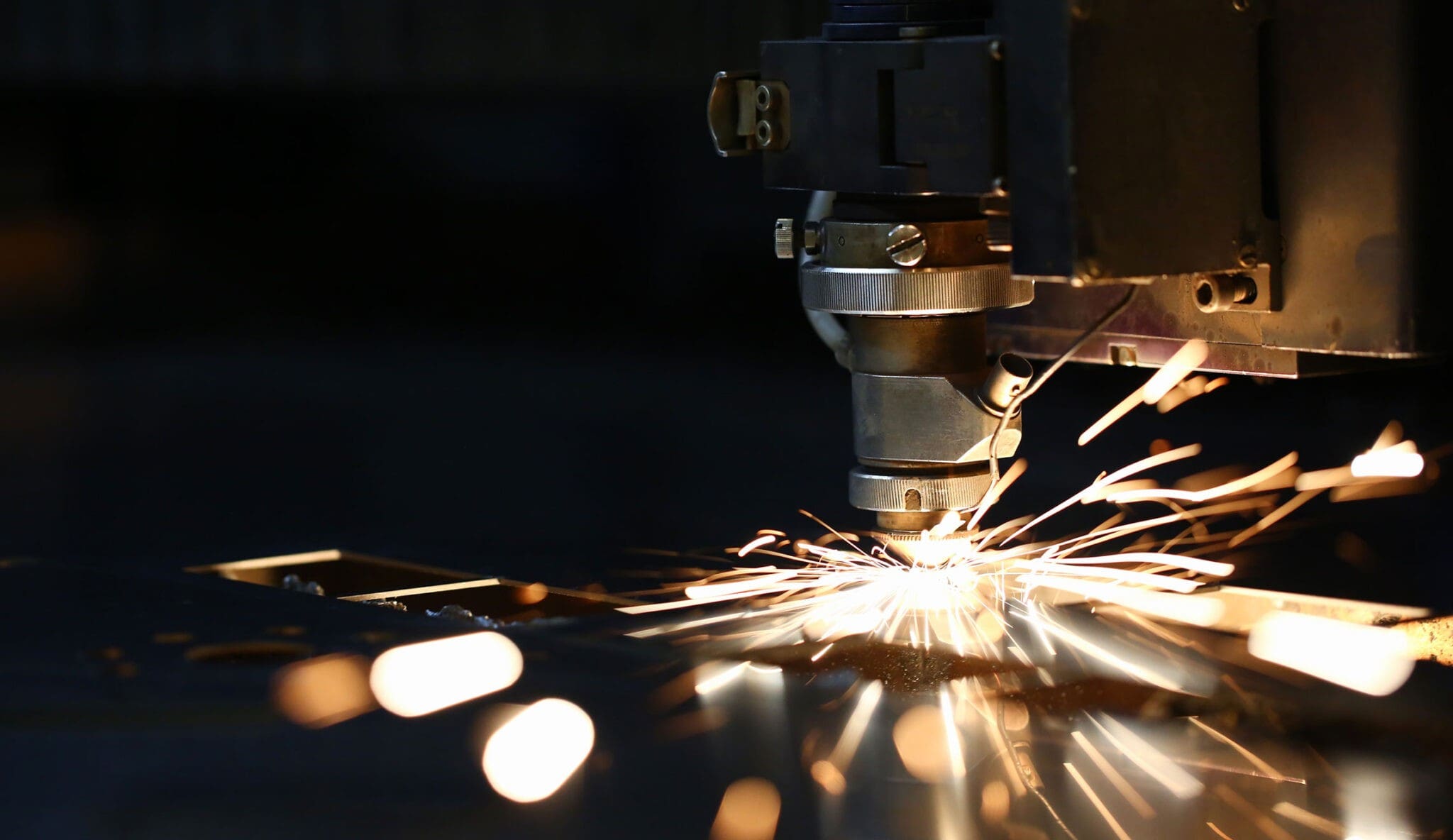Corporate Finance, Deal Advisory, Transaction Services
Industry update: Manufacturing Report
Following a volatile 2020, the UK manufacturing industry appears to be well placed for continued growth. Various favourable trends are driving strong interest in the sector.
Overview
The diverse manufacturing industry consists of numerous subsectors, from food and beverage to electronics. The UK is often credited as the birthplace of modern manufacturing and the sector remains a material aspect of the UK economy, contributing c. 10% of all Gross Value Added (an economic productivity metric that measures contribution to an economy) and employing c. 2.7m people. Industry revenue has remained relatively constant from 2015-2020 at c. £400bn per annum.
After a volatile 2020, UK manufacturing is recovering well in 2021, with recent economic indicators suggesting that activity in the sector in April 2021 was the strongest seen since 1994. Market confidence was underpinned by demand, reaching the highest level since November 2013 as a result of the re-opening of parts of the economy and improving global market conditions. Two thirds of manufacturing businesses recently surveyed expressed confidence that demand will be even greater in 12 months’ time. This confidence is reflected in the industry outlook, with Make UK, recently upgrading its growth forecast for 2021 to 3.9%. This is an impressive rate of growth for a mature sector.
The key takeaways from the report are:
- The Manufacturing industry is in recovery further to experiencing volatility in 2020, with recent economic indicators illustrating that activity in the sector is at its strongest seen since 1994.
- Thriving manufacturing industry sectors include the traditional industries such as food and beverage, transport and pharmaceuticals, with technology-based nascent sectors (e.g. nanotechnology and biotechnology etc.), helping further drive growth.
- Market trends shaping the industry – COVID-19 has made a significant impact on the pharmaceutical segment, with the formidable production of vaccines and the consumer emphasis on wellbeing and health, these trends are shaping the pharmaceutical sector and positively affecting the manufacturing sector.
- Private investment is expected to further shape the sector over the next few years. Primarily fuelled by the recently announced Super Deduction Government Scheme, allowing businesses to reduce their tax bill by up to 25p per £1 spent on plant and machinery until 2023. Together with the further adoption of digital technologies post-pandemic and the government’s commitment to achieving net-zero emissions by 2050 accentuating the need for energy and carbon-intensive industries, manufacturing growth potential remains high.
- The strong appetite for M&A in the manufacturing sector is due to various driving factors.
- Threats to the manufacturing sector include the longer-term ramifications of COVID-19 and the UK’s disorderly Brexit.
- The manufacturing industry outlook is looking positive following the significant government support further to the COVID-19 pandemic and the continued investment into digital technologies and automation. This is set to lead the UK manufacturing sector into prolonged periods of growth.
Outlook
Following any market downturn, periods of abnormal and unpredictable growth can be expected. With the significant government support for the UK manufacturing industry following the COVID-19 pandemic, and continued investment into transformational digital technologies and automation, this could be a prolonged period of growth for the UK’s manufacturing sector.
Given this positive market outlook, businesses in the industry that have demonstrated their resilience over the past 18 months will likely be considered attractive acquisition targets. We except to see strong M&A activity continue over the coming years given the confidence and continued evolution of the industry.

Let’s get started
Contact page
Contact Us





